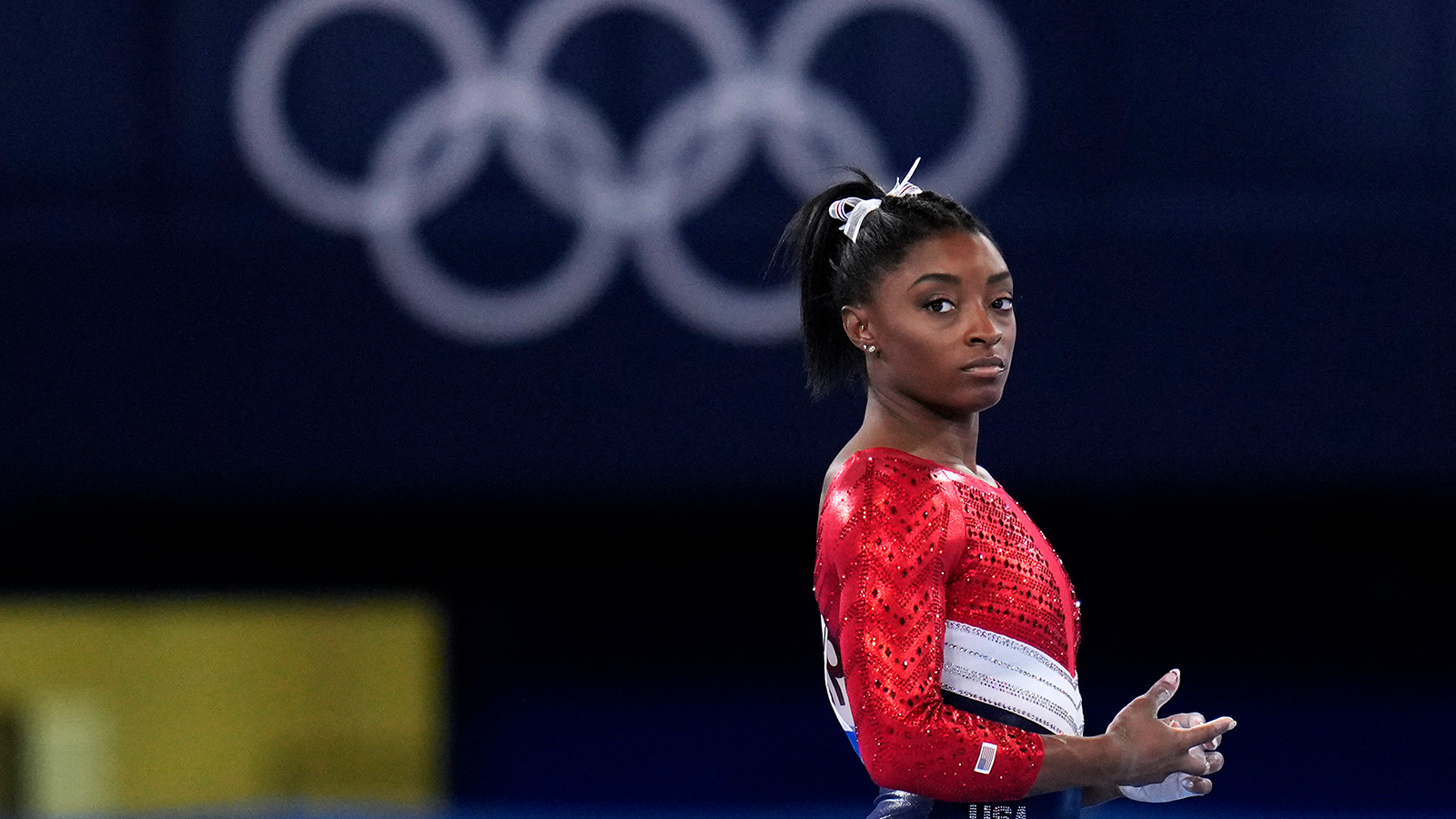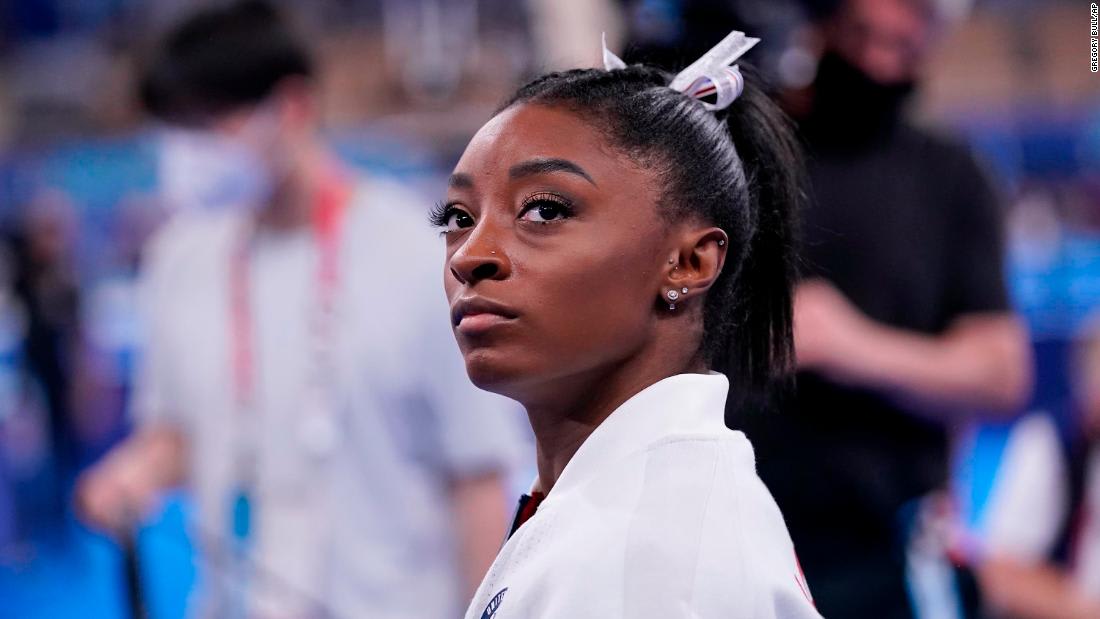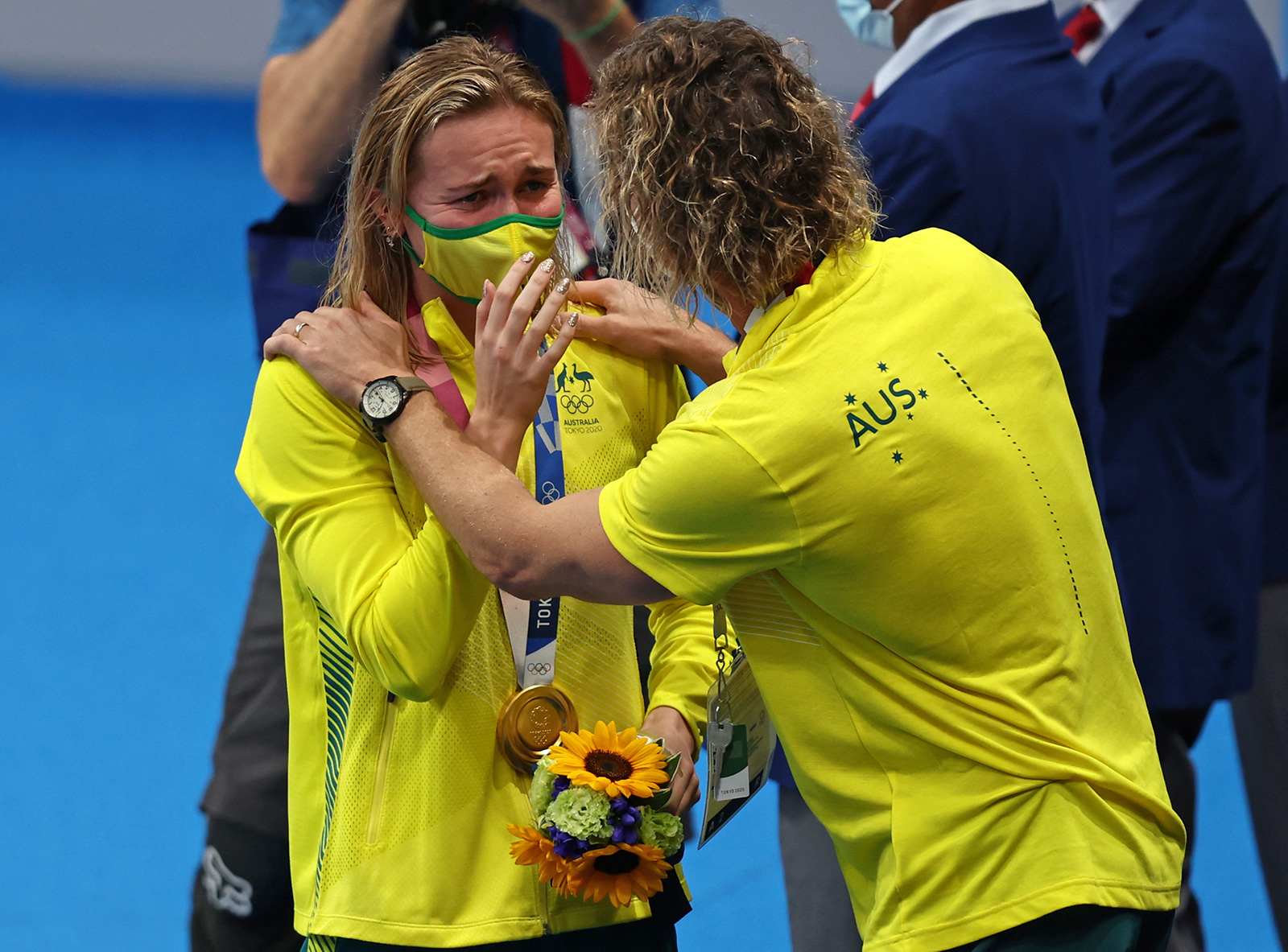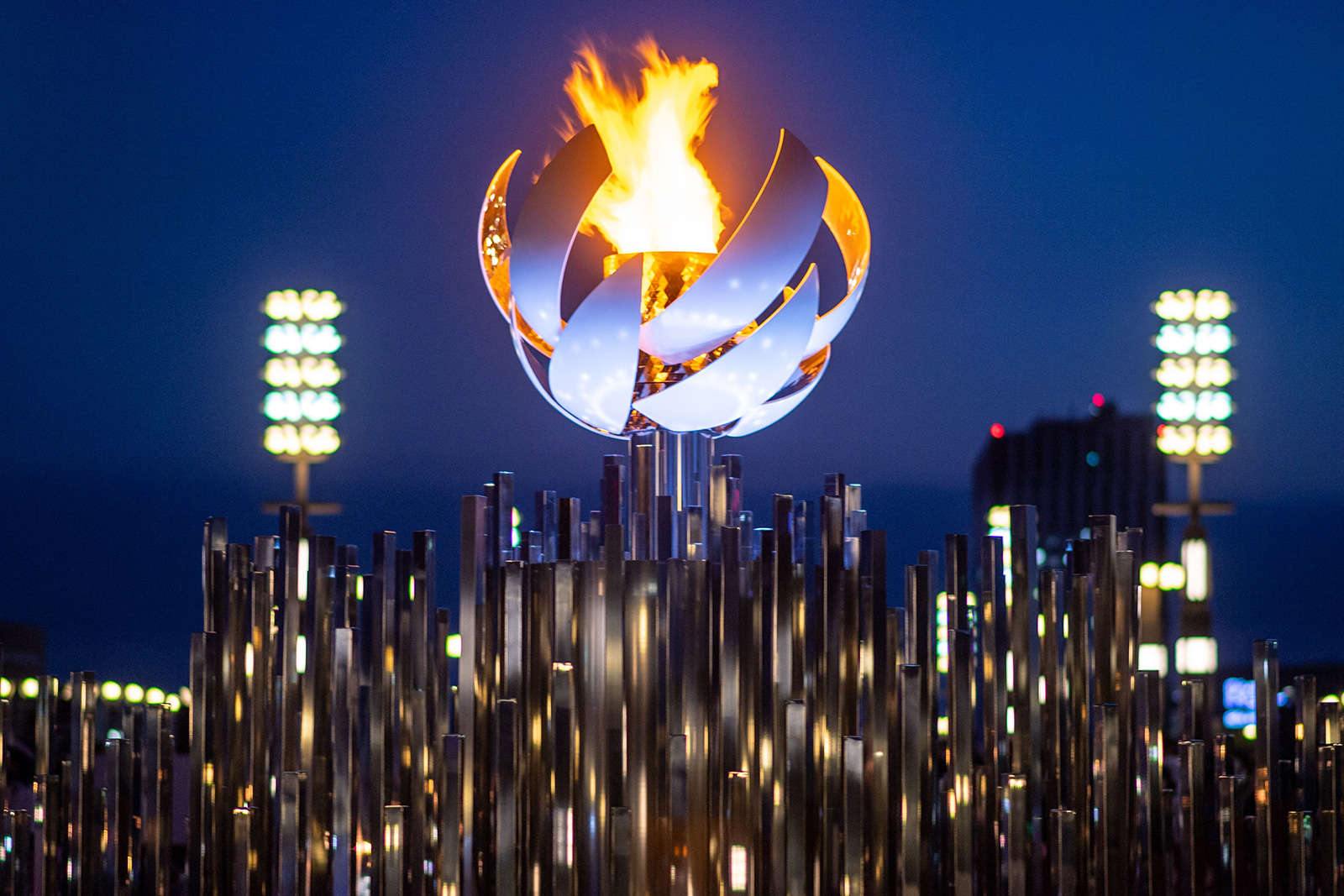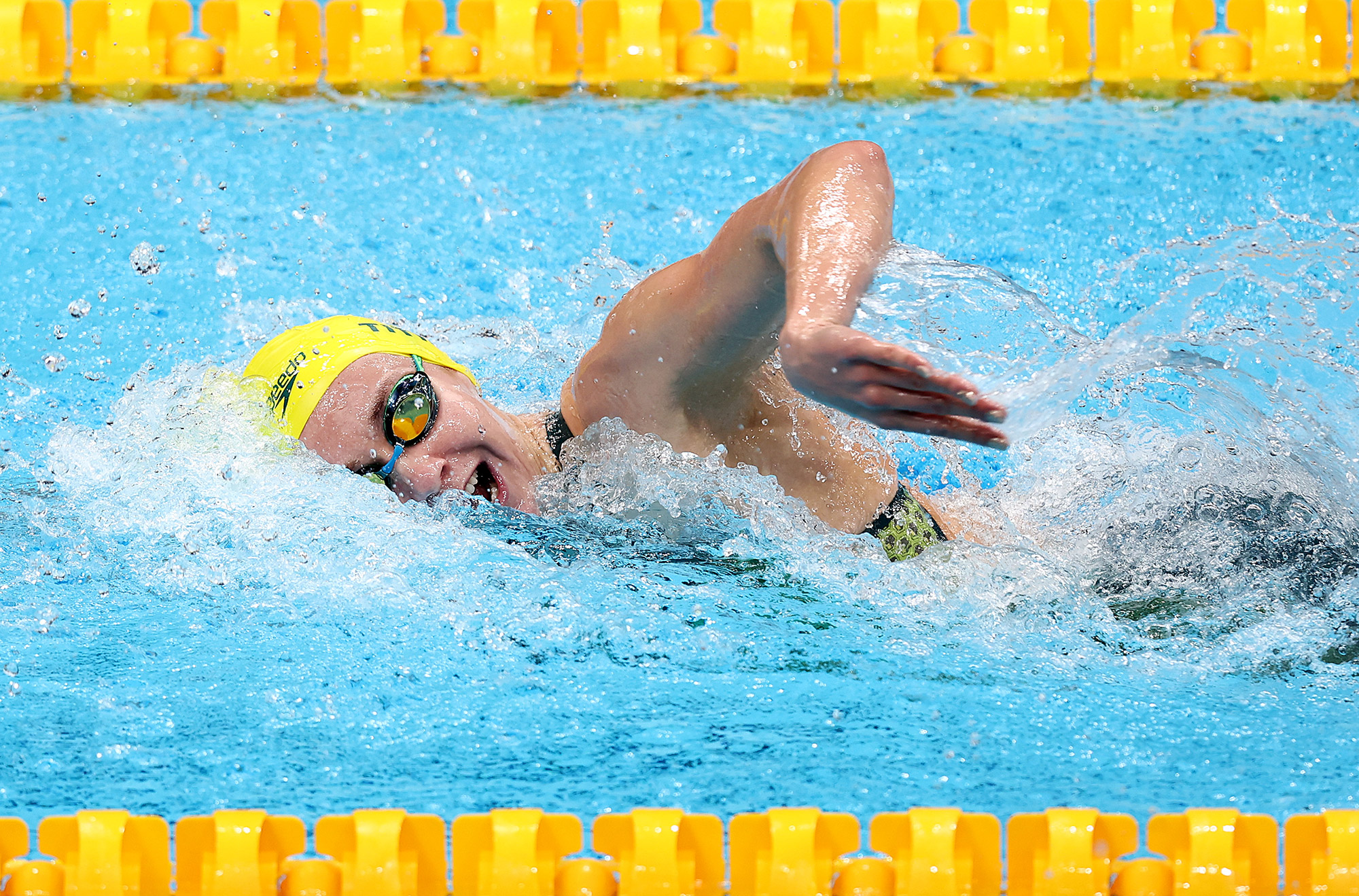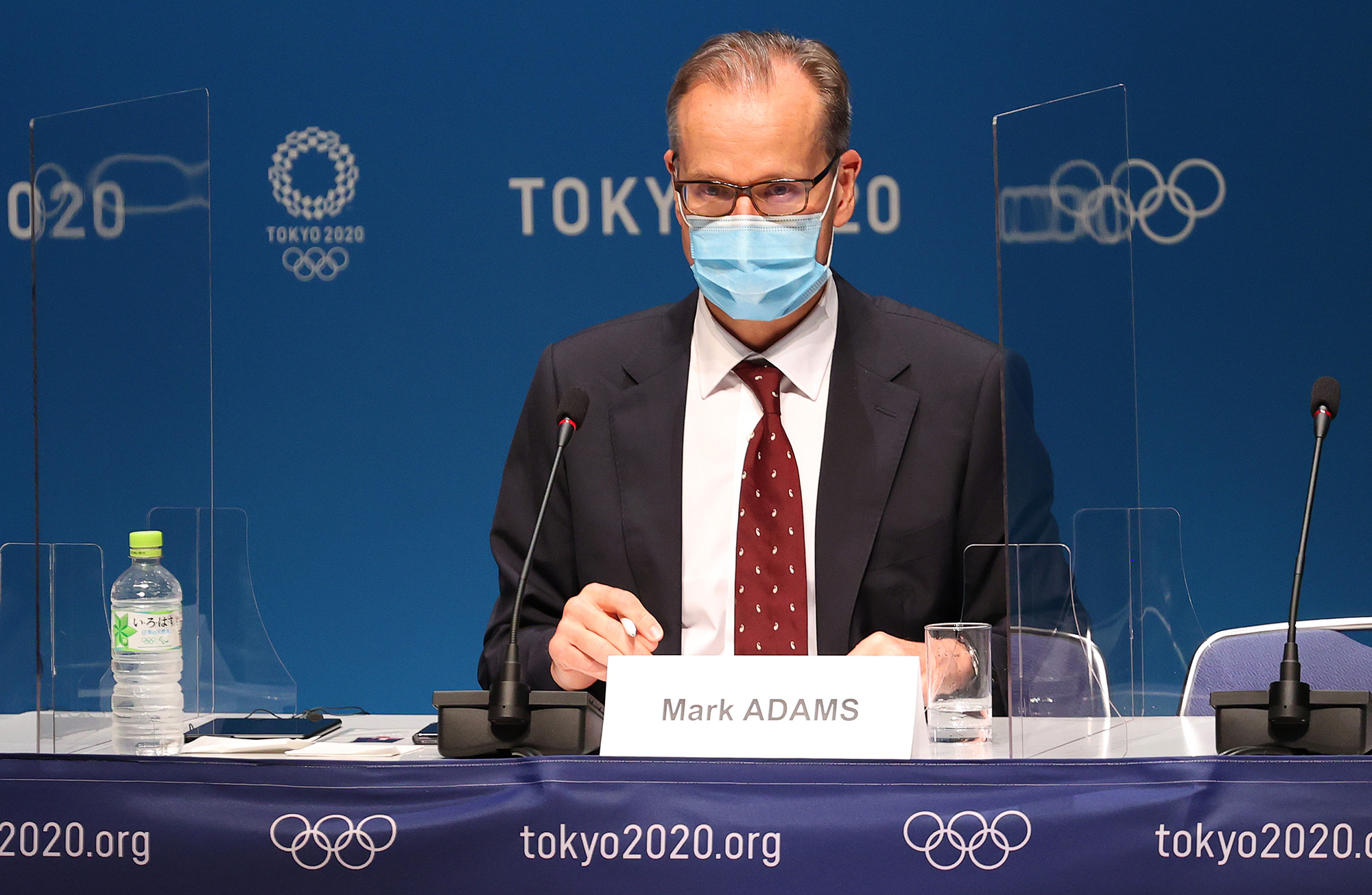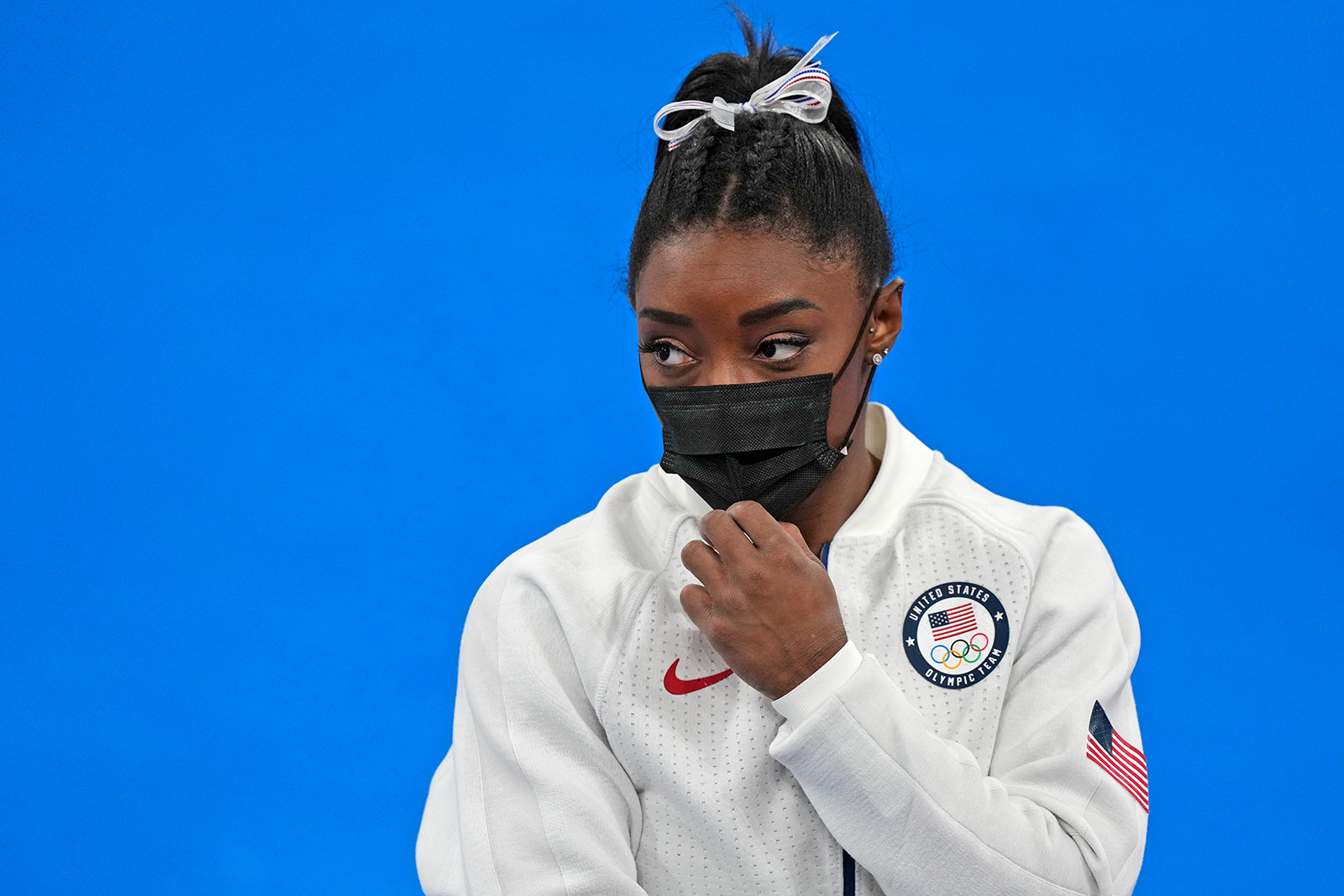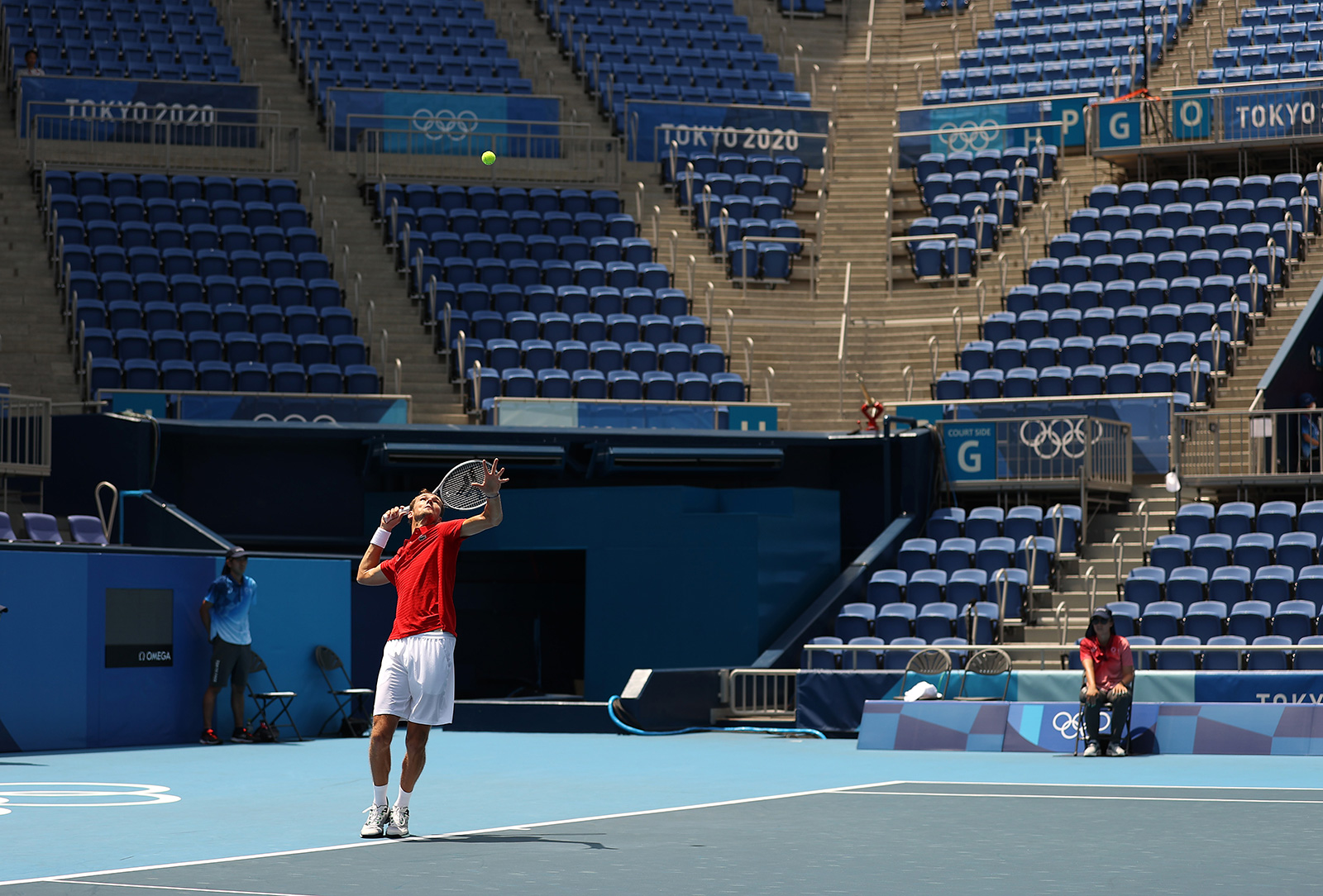
It's roasting on center court at the Ariake Tennis Park.
Temperatures reached 31 degrees Celsius (88 degrees Fahrenheit) in Tokyo on Wednesday, but with the muggy weather and humidity, it felt like 37 degrees Celsius (98.6 degrees Fahrenheit).
World No.2 Daniil Medvedev was clearly affected by the weather. Midway through the match, the Russian — known for his dry humor and sarcasm — approached the chair umpire to ask what would happen if he died.
"I'm a fighter, I will finish the match, but I can die," he said. "If I die, is the ITF (International Tennis Federation) going to take responsible (sic)?
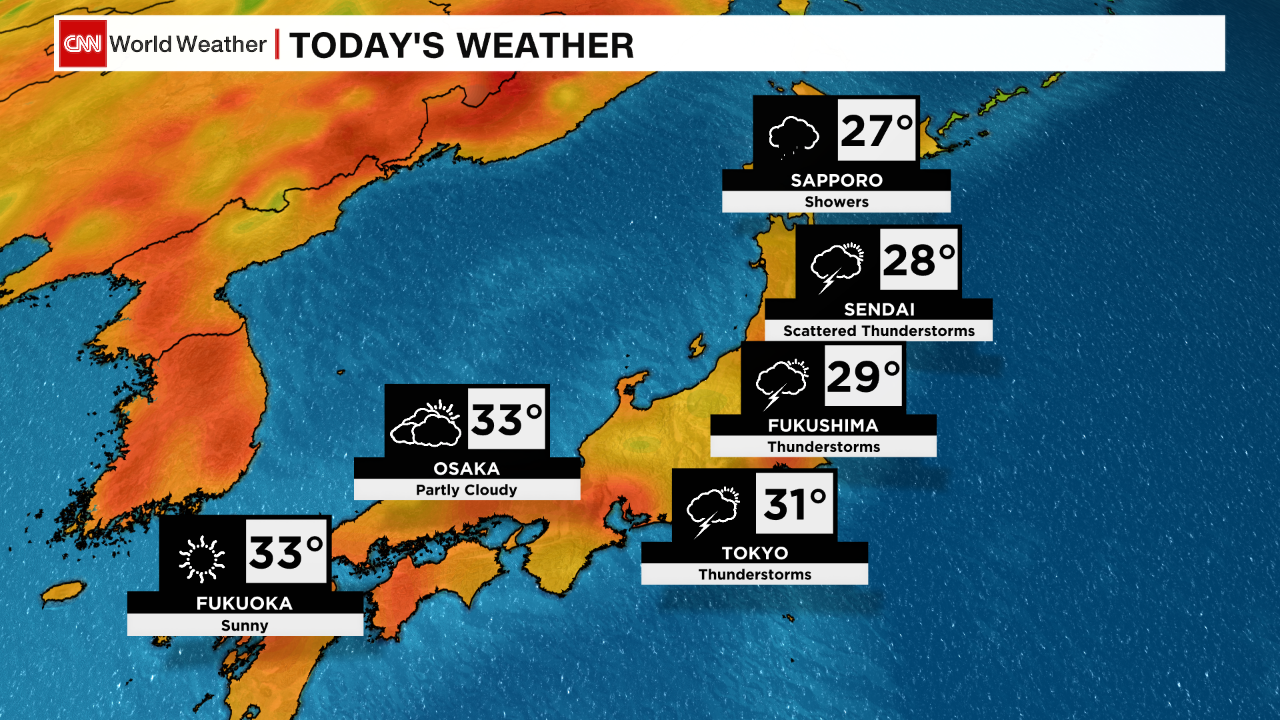
Medvedev eventually beat Fabio Fognini of Italy 6-2, 3-6, 6-2 to advance to the quarterfinals. He told reporters after the match that during the second set, it was so hot he had "darkness in his eyes."
"Between every point I didn’t know what to do to feel better. I was bending over, and I couldn’t get my breathing together. I was ready to just fall down on the court," he said.
When temperatures are high, the ITF can activate its Extreme Weather Policy, giving players extra options to help cool down.
Medvedev isn't the only one with concerns. World No.1 Novak Djokovic said the conditions for his first match on Saturday were "brutal."
The Serbian superstar is set to take on Spain's Alejandro Davidovich Fokina in the third round today, and then play a doubles match later in the day, despite the heat.
